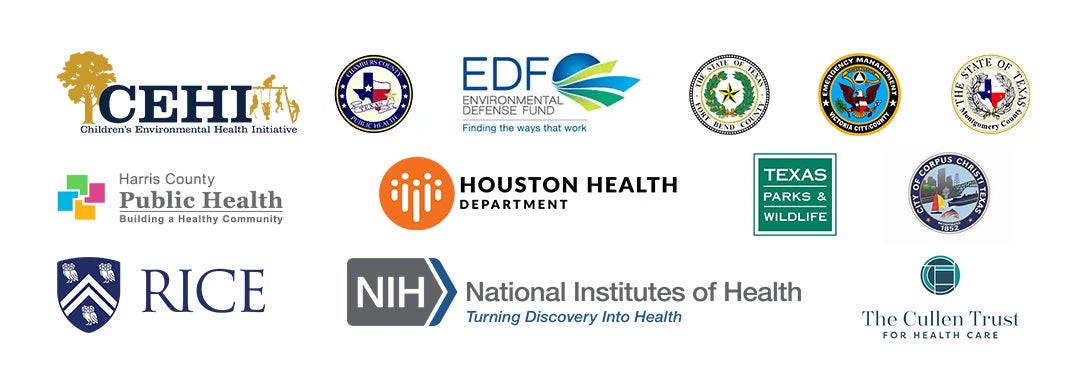Climate change has increased the number and intensity of weather events in the United States and globally. Southeast Texas is especially vulnerable to heavy rain events and tropical storms that produce widespread flooding and powerful hurricane systems that span hundreds of miles in diameter.
Tracking the economic, mental and physical health impacts of hurricanes and major storms requires state-of-the-art data and exposure science. The creation of the Texas Flood Registry is a first-of-its-kind initiative that involved teams of collaborators in academia, local public health agencies, and community stakeholders to broadly measure the long-term impacts of major storms in the Texas Gulf Coast Region.
The data-driven research, housed on the Kinder Institute Urban Data Platform at Rice University, has provided actionable information, served as a valuable tool for city officials and public health practitioners in emergency response preparation, and connected people with resources and public health programs.
Building Resilient and Adaptable Communities
Because of the innovative approaches used in building the Texas Flood Registry, the framework not only played a key role in understanding the economic and public health impacts of Hurricane Harvey – one of the most destructive storms in our nation’s history – but was readily adapted to measure the effects of the May 2019 rain events and Tropical Storm Imelda.
Future weather challenges are expected. The Texas Flood Registry reports and journal publications on this website are a valuable source of information for building resilient and adaptable communities now and into the future.
Benefactors and Institutional Partners

